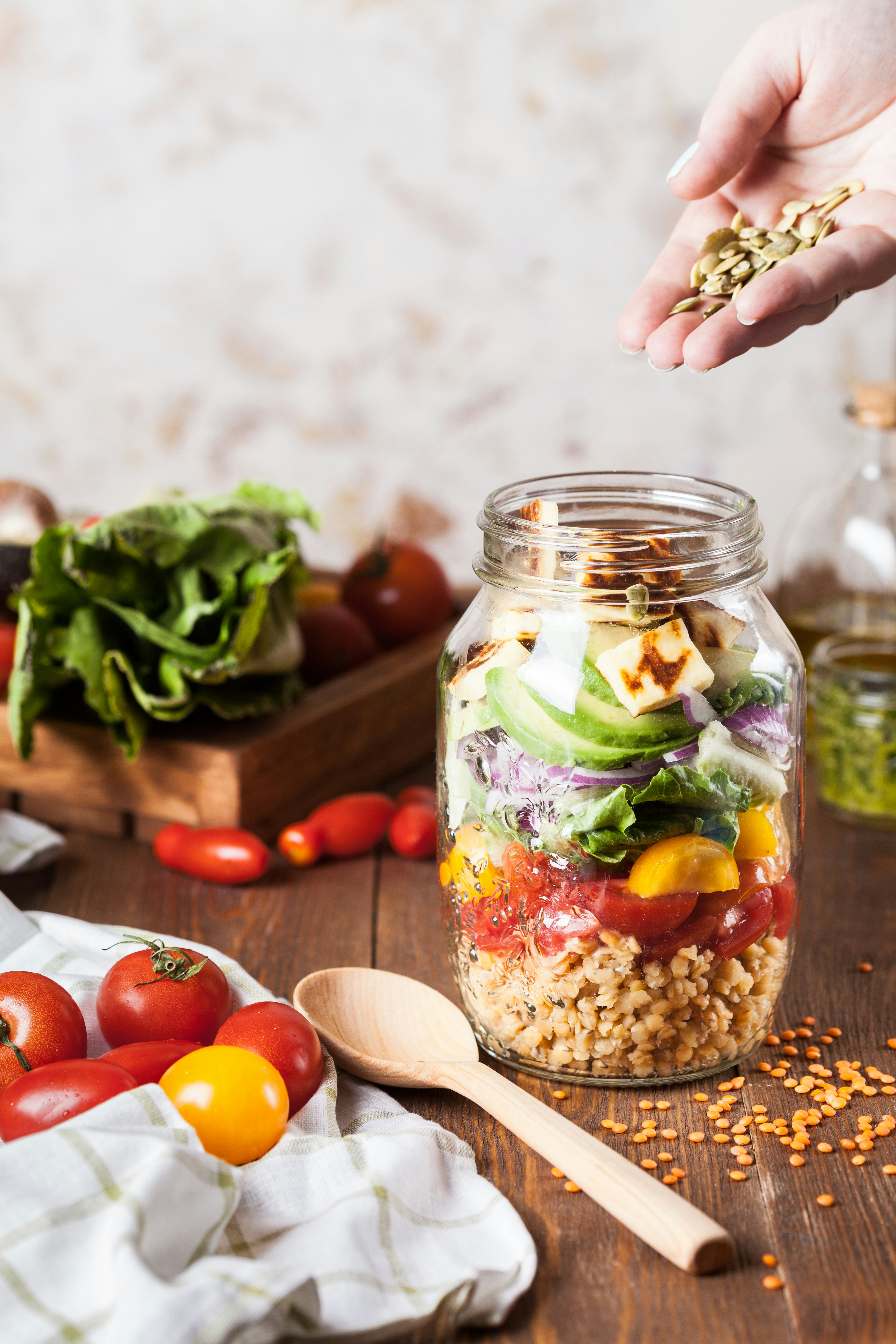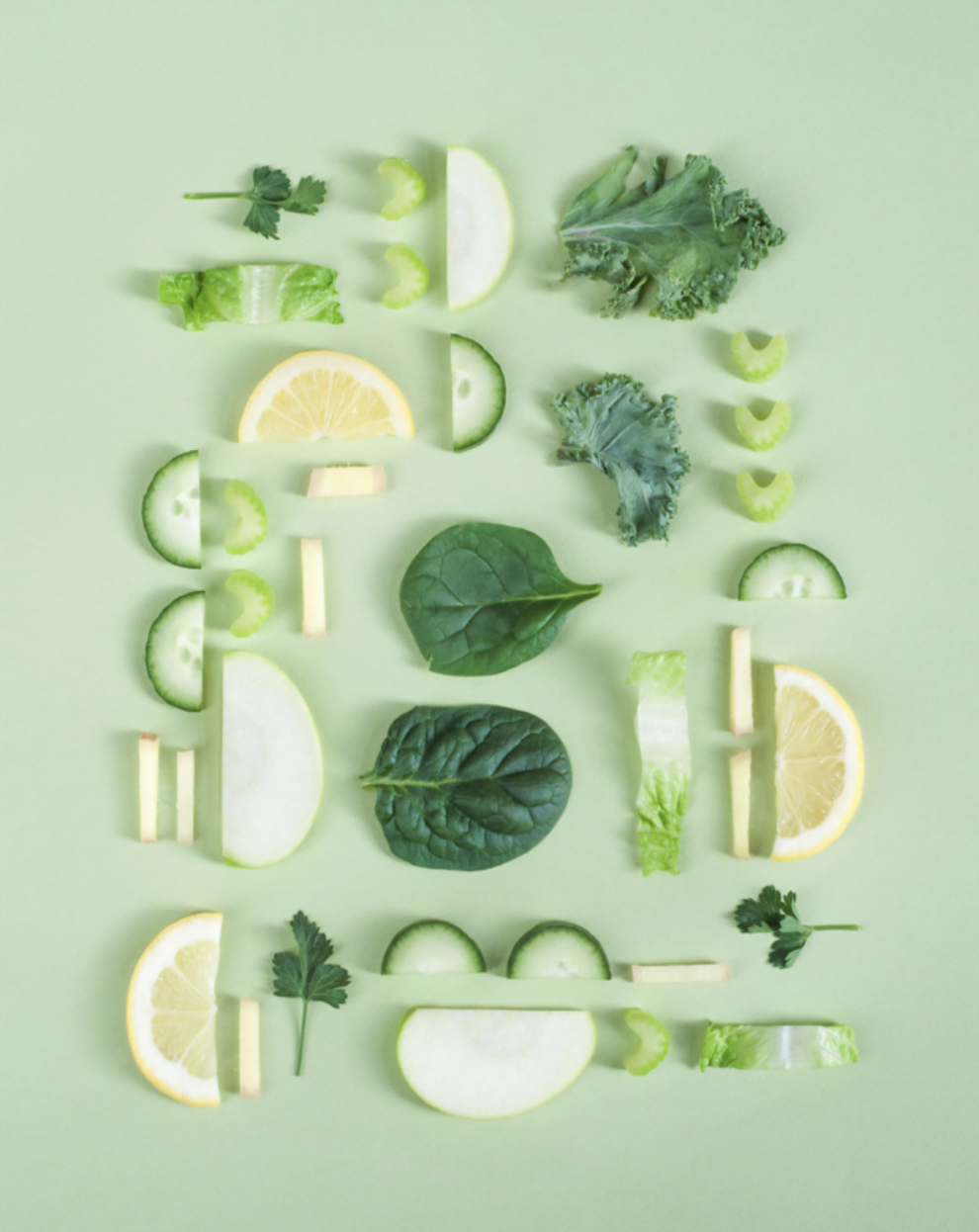The Importance of Organic Nutrition and Supporting the Microbiome During Pregnancy and Postpartum

Welcoming a new life into the world is an extraordinary journey filled with joy, anticipation, and profound changes. However, it also comes with its share of challenges, especially when it comes to mental health. Postpartum depression, low energy, mood swings, and other mental health issues are common among new moms. One of the most effective ways to mitigate these challenges is through proper nutrition, specifically organic nutrition, and supporting the microbiome. This blog post explores the importance of organic nutrition and a healthy microbiome during pregnancy and postpartum, offering insights into how they can assist in managing postpartum depression and other mental health issues.
The Role of Organic Nutrition
Organic nutrition refers to consuming foods that are grown without synthetic pesticides, fertilizers, genetically modified organisms (GMOs), and other artificial additives. During pregnancy and postpartum, the quality of nutrition significantly impacts both the mother and the baby. Here are some key reasons why organic nutrition is essential:
- Reduced Exposure to Toxins: Organic foods are free from harmful chemicals and pesticides that can potentially disrupt hormonal balance and affect mental health. Reducing exposure to these toxins can help maintain a stable mood and energy levels.
- Higher Nutrient Density: Studies have shown that organic foods often contain higher levels of essential nutrients, such as vitamins, minerals, and antioxidants. These nutrients are crucial for supporting the body’s overall health, including brain function and emotional well-being.
- Better Gut Health: Organic foods are less likely to contain antibiotics and synthetic additives that can harm the gut microbiome. A healthy gut is essential for proper digestion and nutrient absorption, which directly impacts mental health. To support gut health, try incorporating a Superfood Greens Powder into your diet. These powders typically blend nutrient-dense ingredients like spirulina and chlorella, providing essential vitamins, minerals, and antioxidants. They nourish beneficial gut bacteria and promote digestive health. Just choose a high-quality product without added sugars or artificial additives!

The Microbiome and Mental Health
The human gut microbiome consists of trillions of microorganisms, including bacteria, viruses, and fungi, that reside in the digestive tract. This complex ecosystem plays a vital role in various bodily functions, including digestion, immune response, and, importantly, mental health. Here’s how supporting the microbiome can help new moms:
- Gut-Brain Axis: The gut and brain are connected through the gut-brain axis, a bidirectional communication network. The microbiome produces neurotransmitters like serotonin and dopamine, which are crucial for regulating mood and emotions. An imbalanced microbiome can lead to mood swings and depression.
- Inflammation Control: A healthy microbiome helps regulate the immune system and reduce inflammation. Chronic inflammation has been linked to mental health disorders, including depression. Supporting the microbiome can help manage inflammation and improve mental well-being.
- Nutrient Synthesis: The microbiome aids in the synthesis of essential nutrients, such as B vitamins and short-chain fatty acids, which are vital for brain health. Ensuring a balanced microbiome can enhance nutrient availability and support mental health.
Strategies for Supporting Organic Nutrition and the Microbiome
To optimize mental health during pregnancy and postpartum, new moms should focus on incorporating organic foods and supporting their microbiome through the following strategies:
- Eat a Diverse Diet: Consuming a wide variety of organic fruits, vegetables, whole grains, and lean proteins can provide a broad spectrum of nutrients and support a diverse microbiome. Diversity in the diet encourages the growth of beneficial bacteria.
- Include Probiotics and Prebiotics: Probiotics are live beneficial bacteria found in fermented foods like yogurt, kefir, sauerkraut, and kimchi. Prebiotics are non-digestible fibers that feed these beneficial bacteria, found in foods like garlic, onions, bananas, and asparagus. Including both in the diet can promote a healthy microbiome.
- Stay Hydrated: Adequate hydration is essential for digestion and overall health. Drinking plenty of water helps maintain the balance of the microbiome and supports detoxification processes.
- Limit Processed Foods: Processed foods often contain artificial additives, preservatives, and unhealthy fats that can disrupt the microbiome and negatively impact mental health. Minimizing processed food intake and opting for whole, organic foods is beneficial.
- Manage Stress: Chronic stress can negatively affect the microbiome and mental health. Practicing stress-reducing techniques such as mindfulness, yoga, and deep breathing exercises can help maintain a healthy microbiome and emotional balance.
- Get Enough Sleep: Sleep is crucial for overall health and well-being. Poor sleep can disrupt the microbiome and contribute to mental health issues. Establishing a regular sleep routine and prioritizing rest can support both the microbiome and mental health.
Postpartum Depression and Nutrition
Postpartum depression (PPD) is a serious condition that affects many new mothers. Symptoms can include severe mood swings, anxiety, fatigue, and difficulty bonding with the baby. While the exact cause of PPD is not fully understood, hormonal changes, lack of sleep, and nutritional deficiencies are contributing factors. Here’s how organic nutrition and microbiome support can help:
- Omega-3 Fatty Acids: Omega-3 fatty acids, particularly DHA, are essential for brain health and have been shown to reduce the risk of depression. Sources include organic fatty fish, flaxseeds, chia seeds, and walnuts.
- B Vitamins: B vitamins, especially B6, B12, and folate, play a crucial role in mood regulation and energy production. Organic leafy greens, beans, nuts, and seeds are excellent sources of B vitamins.
- Iron: Iron deficiency can lead to fatigue and depression. Organic red meat, poultry, beans, and spinach are good sources of iron. Pairing iron-rich foods with vitamin C-rich foods can enhance absorption.
- Vitamin D: Vitamin D deficiency is linked to depression. Sun exposure and organic foods like fatty fish, egg yolks, and fortified dairy products can help maintain adequate vitamin D levels.
- Magnesium: Magnesium is essential for relaxation and stress management. Organic nuts, seeds, whole grains, and leafy greens are rich in magnesium.
Supporting the Microbiome Postpartum
The postpartum period is a critical time for both the mother and the baby’s microbiome. Supporting a healthy microbiome during this time can have long-term benefits for mental health and overall well-being. Here are some tips:
- Breastfeeding: Breast milk contains prebiotics and probiotics that support the baby’s developing microbiome. It also helps the mother’s body recover and can reduce the risk of postpartum depression.
- Avoiding Antibiotics Unless Necessary: While antibiotics can be lifesaving, they also disrupt the microbiome. Using antibiotics only when necessary and following up with probiotic-rich foods can help restore balance.
- Staying Active: Gentle postpartum exercises, such as walking and yoga, can support the microbiome and improve mood. Physical activity stimulates the growth of beneficial bacteria and reduces stress.
- Connecting with Others: Social support is crucial for mental health. Connecting with other new moms, joining support groups, or seeking counseling can provide emotional support and reduce feelings of isolation.
Conclusion
The journey of motherhood is both beautiful and challenging, and maintaining mental health during pregnancy and postpartum is essential for the well-being of both the mother and the baby. Organic nutrition and a healthy microbiome play a pivotal role in supporting mental health, reducing the risk of postpartum depression, and enhancing overall vitality.
By prioritizing organic wholefood for healthy eating, supporting the gut microbiome, and adopting healthy lifestyle practices, new moms can better navigate the emotional and physical demands of motherhood. Remember, taking care of oneself is not a luxury but a necessity, and a healthy mom is better equipped to care for her new baby. Embrace the power of organic nutrition and the microbiome, and embark on this incredible journey with the best possible start.






